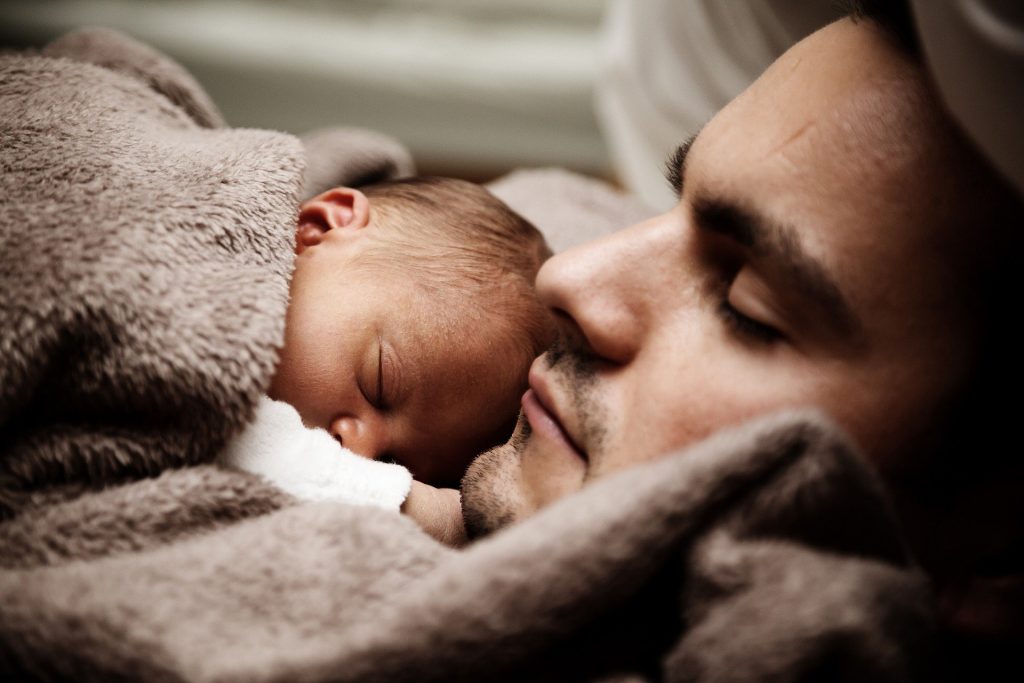As a kid, if I came across a word that I didn’t know in a book or on television, I had two options. I could try to figure out what the word meant from the context. Or, I could go old school and head on over to the book shelf, and pull out this handy, giant book called a dictionary.
Today, we have the convenience of Webster’s Dictionary available as an app on our phone! And it’s not just the tried and true, Webster’s Dictionary, anymore. There are a whole slew of dictionaries out there now! Here’s a few links to check out just for online dictionaries. Dictionary. Merriam-Webster. Cambridge. Collins. Macmillan. Your Dictionary.

Unfortunately, I have yet to find a dictionary that includes “folk group” in the list of available words to look up!
Before taking a class at the local community college, I didn’t have a clue what folk groups were. And once I started learning more about them, I had a hard time determining what was an actual folk group and what was just a like-minded individual, or groups of people. Is it a club, a hobby? An organization with membership?
I’m guessing some of you might be asking yourself the same thing. How are folk groups different from pop culture or other current fads?
The easiest way to understand what a folk group is, is to look at it in terms that a lot of people are already familiar with. The term folk group, at a basic level, is just a fancy term for a social group.
Now that I have a better grasp on what it is and what it isn’t, looking at folk groups makes a lot more sense. A sense of understanding fell on me once I was able to grasp this concept. And I was surprised by the number of groups that I actually belonged to without even realizing it!
I encourage you right now, to be making your own list as we explore this together!

You may think that folk groups don’t apply to you. Maybe you’re not a people person. Or maybe you’re just a bit of an introvert or consider yourself to be a bit of a wallflower. But as humans, we are created to be in community with others, even if it is a small community.
Science has actually shown that socialization plays a major factor in almost every aspect of our lives.
This socialization—folk group—is something that we are born into and it evolves as we do, learning and growing day by day. We will dive deeper into the types of folk groups that are out there in my next post!
For most of us, our immediate family is the first folk group that we are a member of. We are born into our biological families. Some of us are adopted into a new family as a newborn while others are adopted at various times throughout their lives. So right away, we have our first folk group—which makes the latter already a part of two folk groups, often right from the get-go!

As a wife, my husband and I make up our own little family folk group. If we expand on that just a little, our group grows as our family does. Now I have a second folk group that I am a part of that includes our children. The traditions that my husband and I bring to our group are molded together from our separate backgrounds. And now we are creating our own unique blend for our family and future generations.
As we continue to move outward in the family tree, folk groups change. Throughout our lives some groups can remain pretty consistent. Your parents will always be your parents, your siblings will always be your siblings, etc. Other groups can change all the time, sometimes even daily.
Events in our lives often affect the groups that we belong to. For example, family dynamics can change as people pass away or as they are born. Another example would be as marriages or divorces take place. Not every change is good or bad, but change is an opportunity for our folk groups to shift.
Simply put: we all belong to different folk groups and all at the same time. If there are two people with something significant in common—that, my friend, is a folk group!
Next time, we will look a bit more in-depth into folk group examples. For now, start your list! What groups do you think you belong to? Why? Comment below or on social media—maybe you will find others who share in your passions and grow your groups!